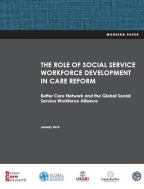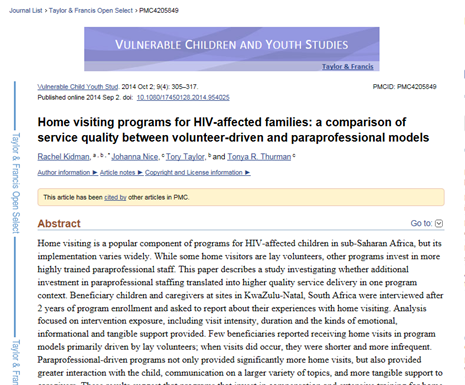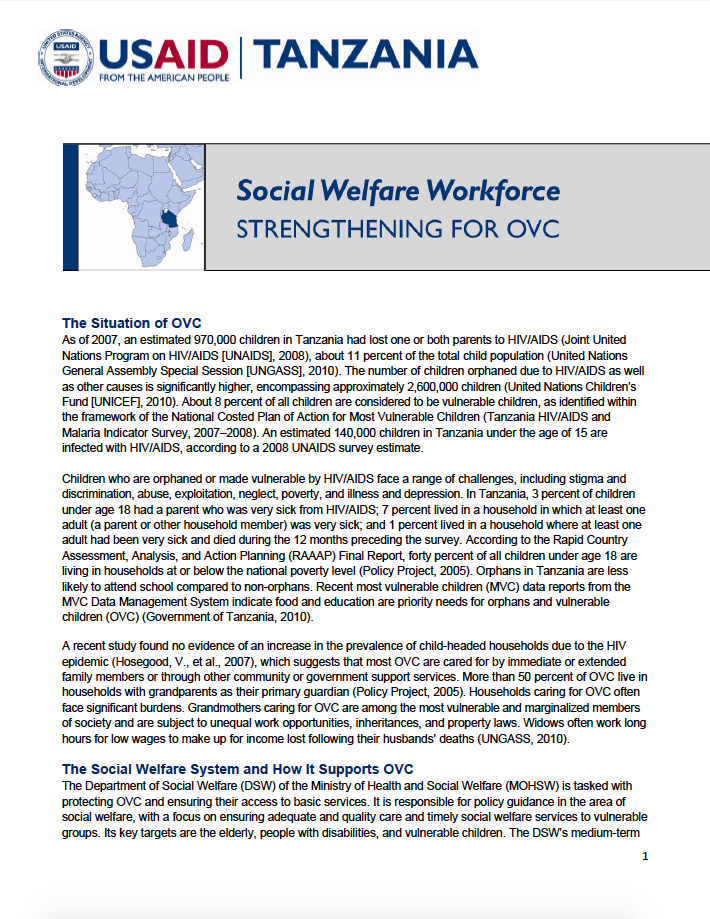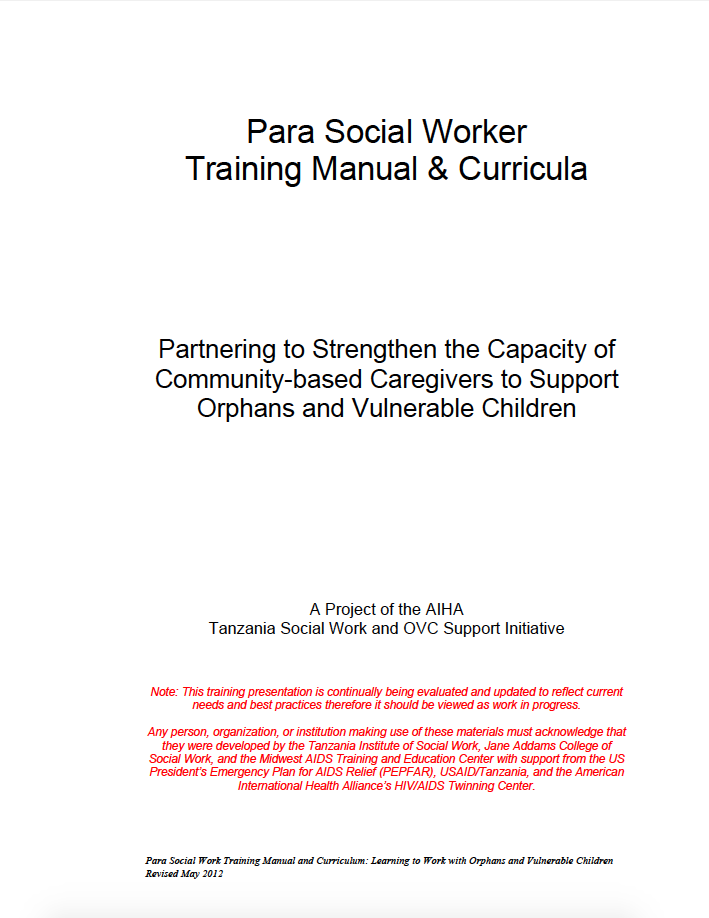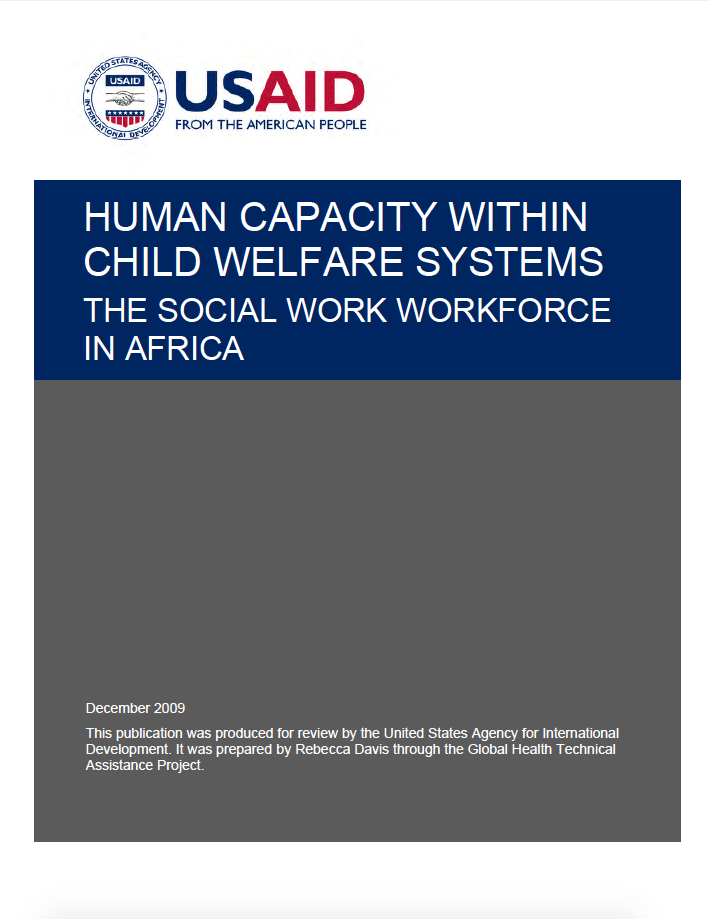Towards the Right Care for Children: Orientations for reforming alternative care systems - Africa, Asia, Latin America
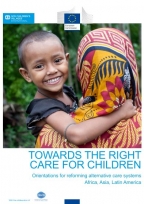
Towards the Right Care for Children: Orientations for reforming alternative care systems - Africa, Asia, Latin America, commissioned by the European Commission Directorate General for International Cooperation and Development commissioned SOS Children’s Villages International to conduct a study on the possible issue of institutionalization in six South and Central American, Asian and African countries, in order to strengthen the knowledge of the European Commission on the nature, the extent and scope of institutionalization and feasibility of the de-institutionalization.
The objectives of this research was to:
- map and summarize the existing knowledge on (de-) institutionalization in the three continents concerned;
- increase the knowledge base on (de-) institutionalization in the six countries; and
- provide guidelines for future EU strategies on (de-)institutionalization in developing countries.
This synthesis report brings together desk reviews and country studies through which a large collection of documents from various sources have been consulted.
www.sos-childrensvillages.org


